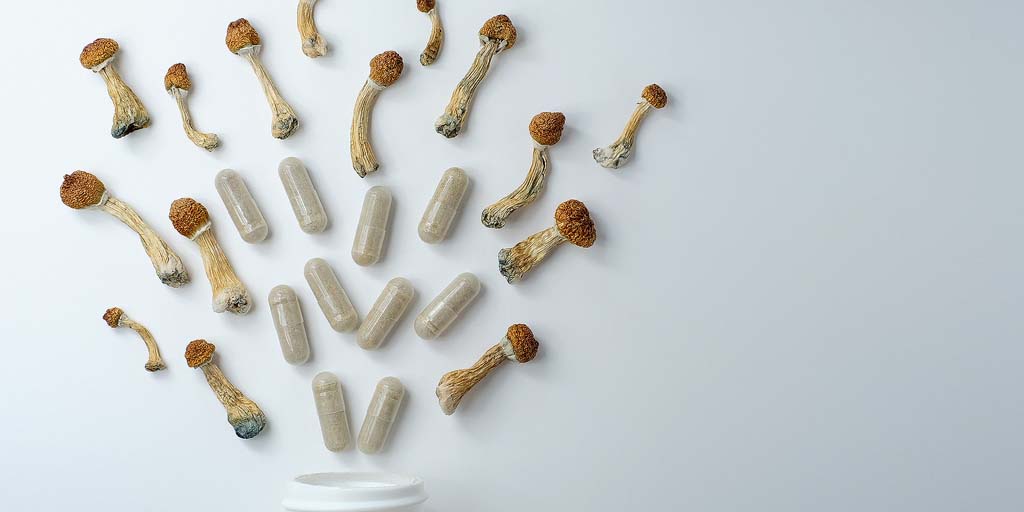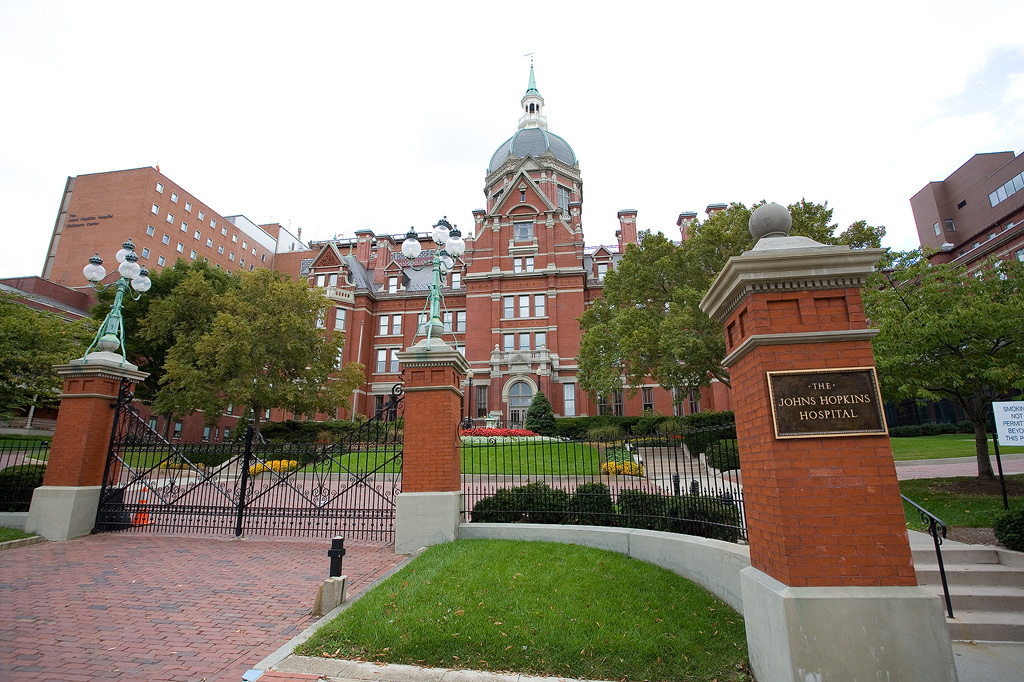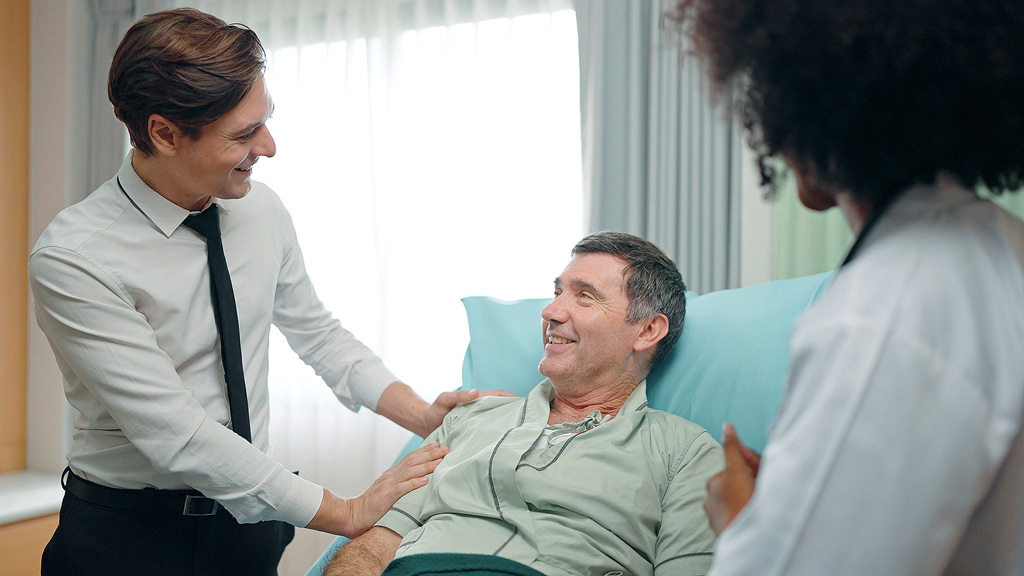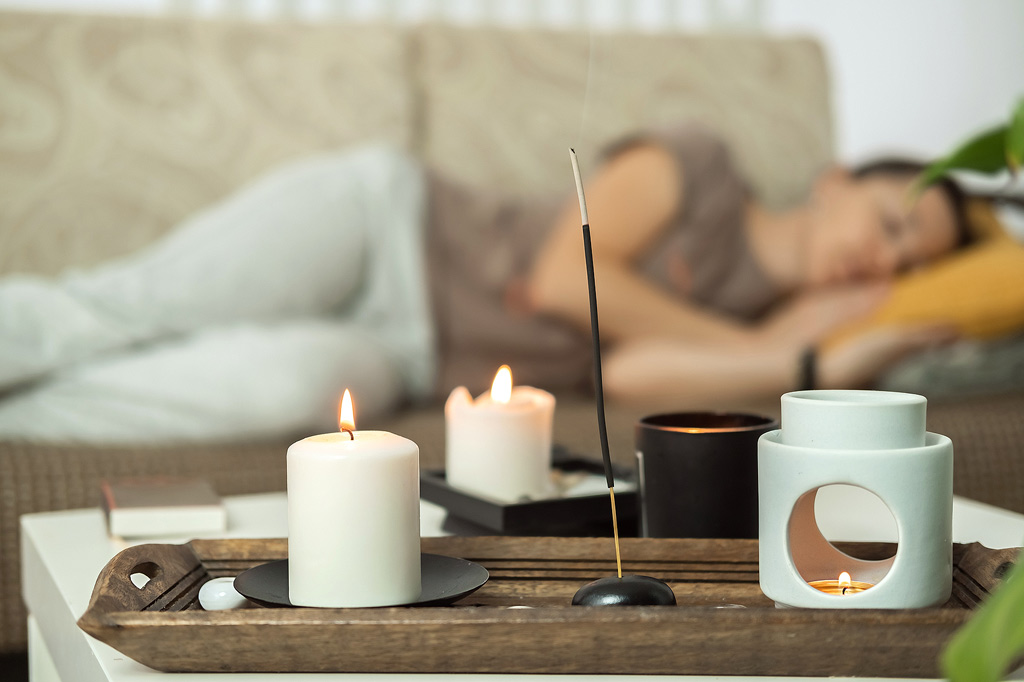
Microdosing with truffles is making positive headlines. A 2022 study shows that people who microdose are more comfortable in their skin than those who do not.
Whether microdosing with trufflesor other psychedelics is useful was long questioned. But a study published in the leading scientific journal Nature in Summer 2022 shows that microdosing does in fact have benefits.
Research Design and Results
The study [1] compares 953 microdosers to 180 non-microdosers on various psychological measures. Regardless of gender and age, Nature writes that people who microdosed psilocybin (the active ingredient in magic mushrooms and magic truffles) had improved mood after 22 to 35 days compared to the start of the study.
Participants were at least 18 years old, proficient in the English language and had access to an iOS device where they could answer their own questions about their moods. In doing so, participants self-reported whether or not they were microdosing.
What is Microdosing?
Microdosing is taking such a small amount of psychedelics (truffles, magic mushrooms, LSD, 2C-B, etc.) at regular intervals that you don't feel anything. At least, that you do not perceive a distorted reality. In practice, that often means a tenth to a fifth of the dose needed to perceive the first symptoms.
Previous research
This study goes beyond previous research where only 98 microdosers were followed for 6 weeks. Later, another 4-week study was conducted with 81 microdosers. Similar results were found between those studies and this much larger study.

The Johns Hopkins Hospital and University.
Double Blind Research in Microdosing
Double blind research means that both the researchers and the participants do not know whether they are receiving the drug or a placebo. But with psychedelics, it turns out to be incredibly tricky. Indeed, in previous research, participants poke through using a placebo with ease. On average, two-thirds of participants could correctly say they had been given psilocybin instead of a placebo. For that very reason, the researchers did not do that in this study. However, the scientists do give some recommendations in the study to do that correctly in a follow-up study.
Psychedelic Revival
That there is currently a great deal of research into microdosing and, more broadly, the use of psychedelics does not come out of the blue. Professor Roland Griffiths, affiliated with Johns Hopkins University in Baltimore, Maryland, U.S. has been a major part of that. After decades of being placed in the scientific doom by The War on Drugs, Griffiths saw opportunity in medical science. With the right connections, goals and choice of words, he managed to reach an important conclusion about psychedelics in 2006. That psychedelics can be one of the most significant experiences for many people.
Since then, not only has there been more openness in scientific circles around the medicinal use of psilocybin, but also the business community sees possibilities. In anticipation of the biggest psychedelic revival since the flower power era, investors are pouring billions into companies researching and manufacturing psychedelics on a large scale. All to supply, if approved by the authorities, to the pharmaceutical industry.
Don't Doctor Yourself
While it sounds bright for a smartshop and for the potential psychonaut that magic mushrooms and magic truffles are more accepted in society than ever before, we still have a long way to go. And for good reason.
After all, it is vital (not overrated), that we handle these powerful substances from nature with care. The reason magic mushrooms have not been allowed to be sold ready-to-use in the Netherlands since 2008 is because people have had accidents with fatalities. Now we do not know exact details, but it is crucial to reduce risks. Especially now that psilocybin is in the news so positively.

Don't take magic mushrooms or Magic Truffles if …
It sounds contradictory, but if you're struggling with psychological problems, the last thing you should do is self-medicate with magic mushrooms. Microdosing with truffles is also not a good idea. Are you seeing a psychologist, do you have a psychological disorder or are you or a family member suffering from clinical depression or other psychological symptoms? Then do not take a bite of magic mushrooms, truffles, LSD or any psychedelics on your own.
It is very important to point out that scientific research only picks mentally healthy people when they self-report. In addition, studies with mental disorders are helped by tripping together with a professional tripsitter AND a psychiatrist in the same room. So these people are not forced a bag of mushrooms into their hands and left to their fate. On the contrary. This kind of guided trip is set up according to strict protocols. Set and setting are incredibly important, and so is the right dosage.

The Effects of Psychedelics
Slowly but surely, we find out exactly what psychedelics do. The main result is that they turn a cooperating area of the brain known as the default mode network into a lower gear. This results in a more unfiltered way of perceiving, as well as thinking. Your usual way of thinking changes. At least during use, but it also appears to do so for a long time after use. People experience a different view of the world for months (!) after a trip.
Read all about the research published in the journal Nature here:
[1] Walsh, Z. et al. “Psilocybin microdosers demonstrate greater observed improvements in mood and mental health at one month relative to non-microdosing controls” June 30, 2022, Nature.
Want to participate in a microdosing study yourself? Go to Microdose.me, create an account and download the app.